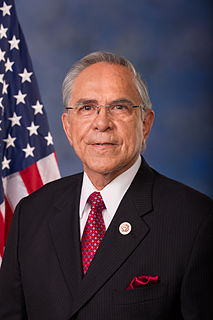A Quote by John Sununu
It doesn't take Warren Buffett to realize that when companies don't know what new rules will look like, it affects their ability to commit capital and create new jobs.
Related Quotes
Twenty million jobs is what we call for in the Green New Deal, which is essentially a New Deal focused on greening the economy on an emergency basis. So it's 20 million jobs, which are mixed, private sector, nonprofits, government jobs where others will not do the job and will not create the employment.
If we are going to be able to create a new economic vision, companies will need to rethink every aspect of their operations; their bottom lines, ownership structures, demands on financial returns, how they raise capital. For example, an ethical company would say it should only take a fair share of the planet's resources and campaign on this.
The government also has to get the public rules right. That means putting a price on carbon, so the cleaner forms of energy become more competitive. As soon as that happens, a tidal wave of new capital, innovation and entrepreneurship will flood into the clean energy space - creating new jobs and opportunities for Americans of all walks of life. We did that for the internet, with public investments in the basic system through the Pentagon, followed by rules that encouraged innovation and competition. And that is why the internet took off in the United States first.
































